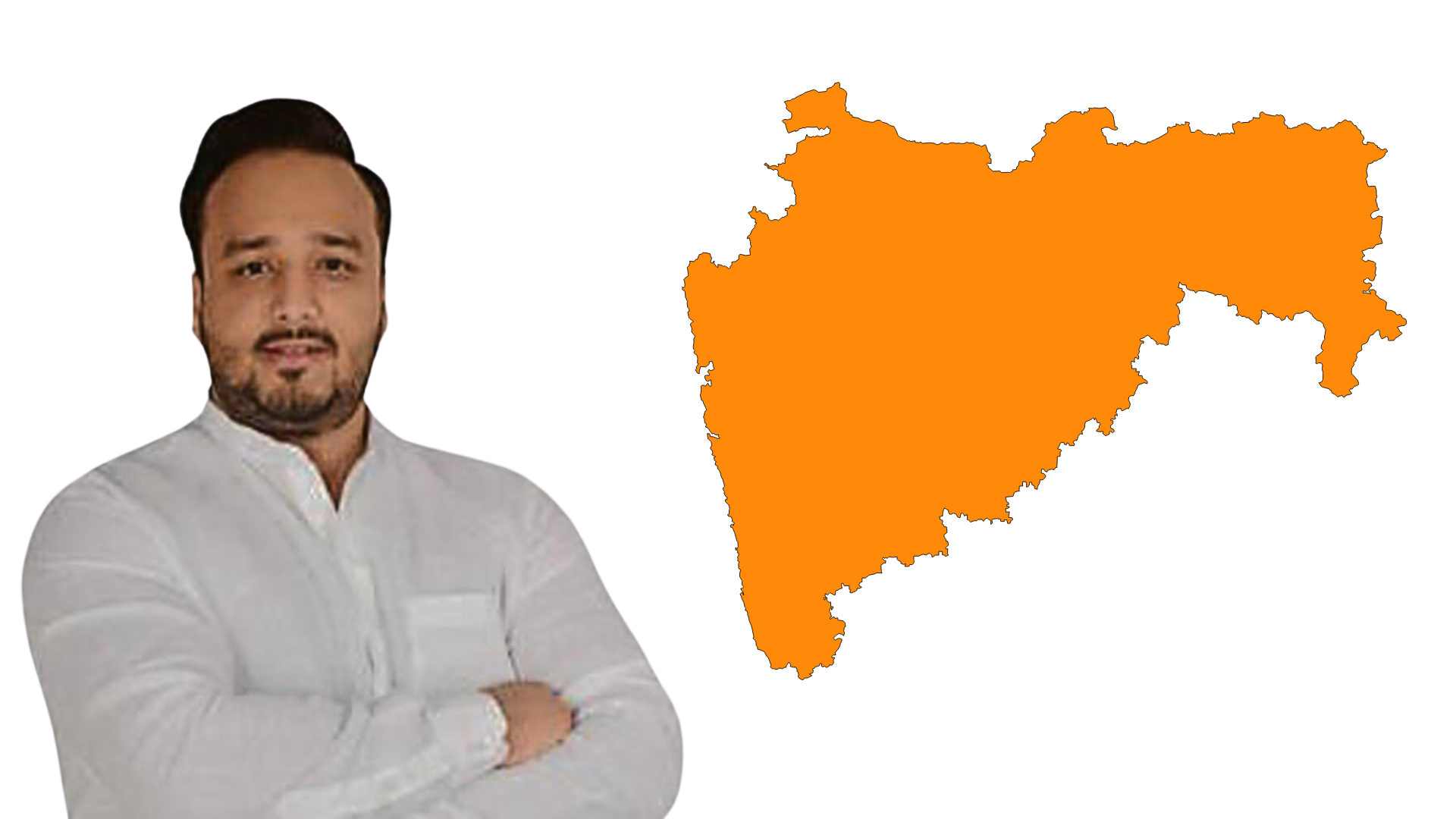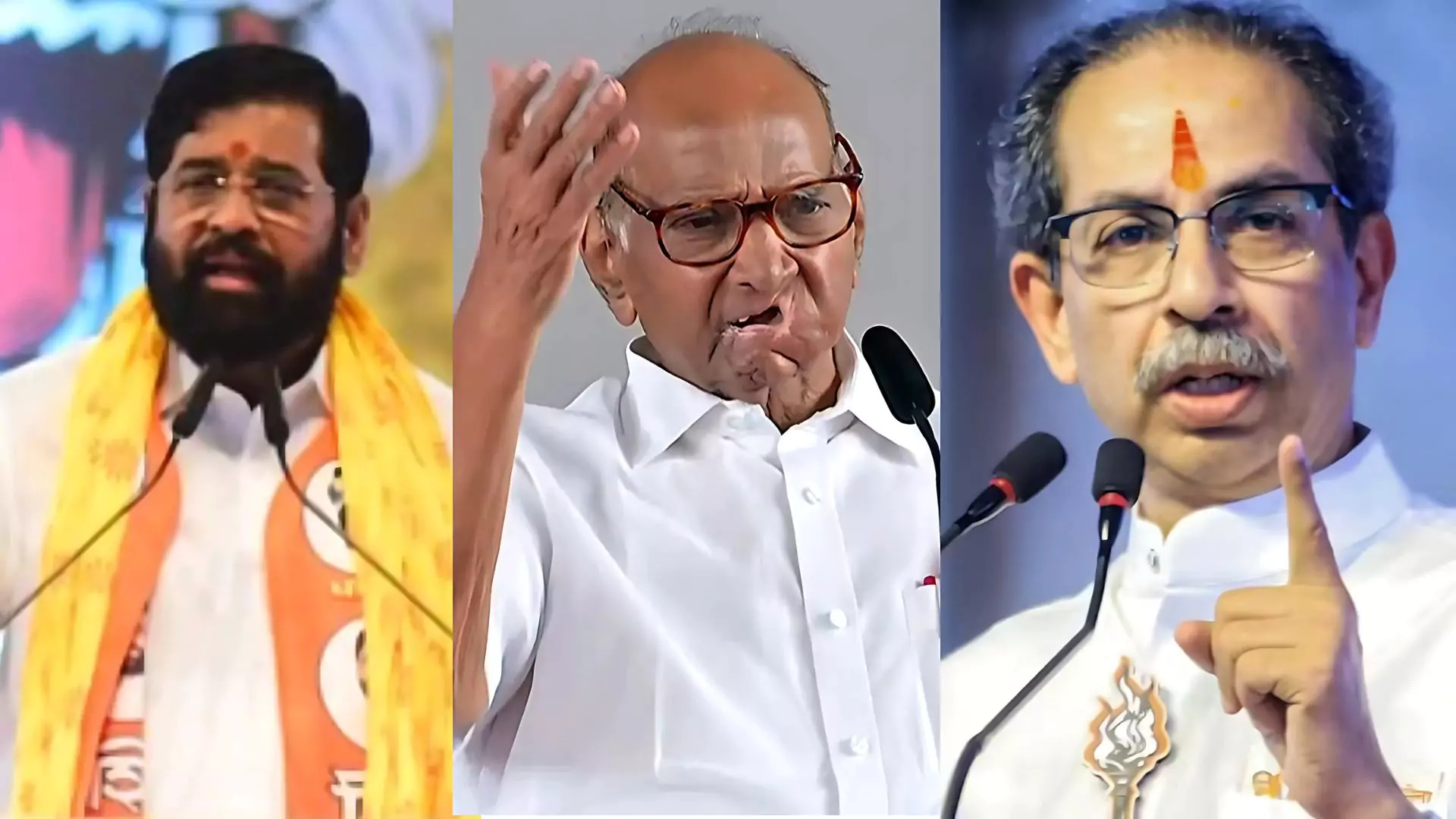In a recent ruling, the Madhya Pradesh High Court has rejected the plea of an interfaith couple seeking police protection and registration of their marriage. The court’s decision was based on the observation that a marriage between a Muslim man and a woman practicing idolatry or fire worship, according to Islamic law, is not considered valid.
The Madhya Pradesh High Court rejected the requests of an interfaith couple for police protection and marriage registration, stating that according to Muslim law, the marriage between a Muslim man and a woman of a different faith who practices fire worship is not considered valid.
“A marriage between a Muslim man and a Hindu woman cannot be considered ‘valid’ under Muslim personal law,” ruled the Madhya Pradesh High Court.
The bench, presided over by Justice G S Ahluwalia, emphasized that even if such a marriage were registered under the Special Marriage Act, it would still be deemed irregular (fasid) under Muslim law. The court further noted that the couple had not expressed a desire to enter into a live-in relationship if marriage was not an option, nor had they indicated a willingness for either party to convert to the other’s religion.
The petition was filed by Sarika Sen (23) and Safee Khan (23), residents of Anuppur district in Madhya Pradesh, who sought the court’s intervention for police protection and the official registration of their marriage under the Special Marriage Act. Their plea highlighted their commitment to continue practicing their respective religions post-marriage.
According to their lawyer, Dinesh Upadhyay, the couple had initially applied for marriage registration with the Anuppur district magistrate in October. However, due to opposition from the woman’s family, relatives, and a group named Hindu Dharm Sena, they faced threats and pressure, making it difficult for them to attend the court hearings.
While the legal proceedings are ongoing at the district level, the couple turned to the High Court seeking immediate relief. Their case underscores the challenges faced by interfaith couples in navigating societal and legal barriers to their union.
The High Court’s decision reflects the complexities surrounding interfaith marriages in India, where legal frameworks intersect with religious and cultural norms. Despite the couple’s plea for protection and recognition of their union, the court’s ruling underscores the need for broader societal acceptance and legal reform to uphold the rights of individuals to choose their life partners irrespective of religious affiliations.
ALSO READ: ‘Mr and Mrs Mahi’ Review: Rajkummar Rao, Janhvi Kapoor’s Film is a Mess


















